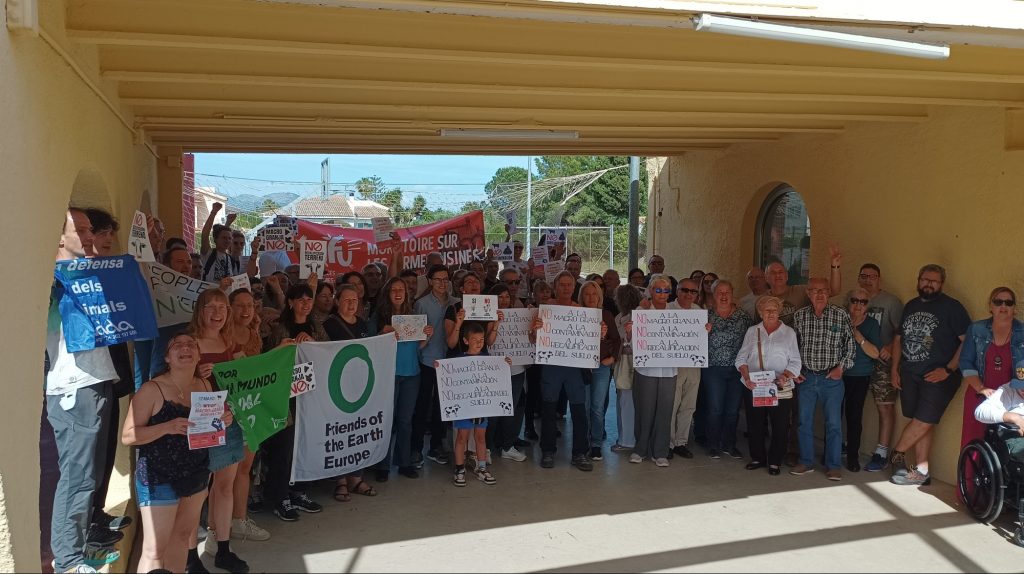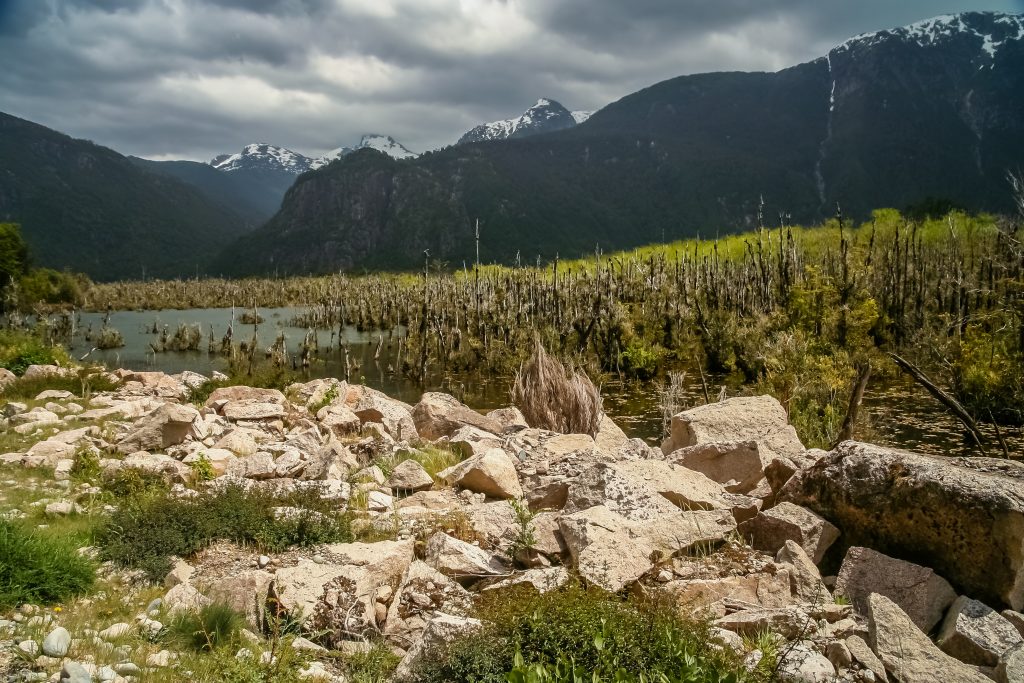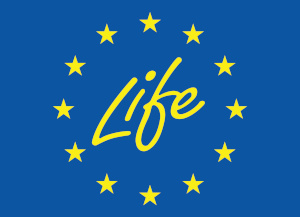Last week, dozens of activists and representatives of local communities from across Europe gathered in Bétera, Spain, to protest the More Holstein industrial dairy ‘farm’. The demonstration was held to support locals in their resistance against the industrial exploitation and denounce its severe social and environmental impacts.
More Holstein currently exploits more than 3,000 dairy cows, three times the number it was originally permitted to house . It functions without proper zoning approval for factory farming use. Despite this, and its polluting of water, air and soil, the facility has been awarded a B Corp certification, a label supposedly reserved for companies with high environmental and social standards. For the people living nearby, however, the reality is far from green.
In La Pobla de Vallbona, less than a kilometer from the factory, a local group of residents has formed to oppose the exploitation. Every day, they suffer the consequences: unbearable stench from tons of animal excrements, constant noise, swarms of flies invading their homes.
“The company wants to rezone protected agricultural land to for factory farming, doubling the size of the facility. If this change is approved, our lives will be even more affected. We won’t allow it,” says Juani Caballero, a resident of the El Cerrao housing development, in La Pobla de Vallbona.
The protest in Bétera was organised as part of a broader European meeting against factory farming, coordinated by Friends of the Earth Europe. Activists and local communities’ representatives from Denmark, Hungary, Italy, France, the UK, Poland and Spain joined forces with the residents of La Pobla de Vallbona to call out this blatant greenwashing operation by More Holstein, unfortunately supported by the municipality of Bétera.
The facility, which supplied milk to Danone – distributing dairy across Spain – is now set to expand, despite operating illegally for decades, polluting and harming the people. Residents report long-standing irregularities, including unauthorised animal numbers, illegal discharges of waste into the Carraixet ravine. These threaten the ravine’s ecological balance and have cause serious issues for the local population, including the loss of access to drinking water.
This is not an isolated case. The industrial food production system is controlled by a handful of corporations, and widespread across Spain (and beyond). 30% of the country’s groundwater is contaminated by nitrates, a direct consequence of animal factories. The Valencian Community is becoming a hotspot for this toxic expansion.
More Holstein’s certification as the first large-scale B Corp animal production facility in Europe is emblematic of a deeper problem: factory farming promotes an unfair model which concentrates wealth in the hands of a few while people are left to bear the costs.
That is why our Spanish member group, Amigas de la Tierra is calling on the Spanish government to ban animal factories and commit to a just transition to agroecological farming. Together, we also urge EU leaders to step up:
- Ban factory farming
- Support small-scale producers
- Enforce a strong environmental and food legislation
Alternative food systems that protect biodiversity, provide nutritious food and defend farmers’ rights already exist. What’s missing is the political will to support them.







